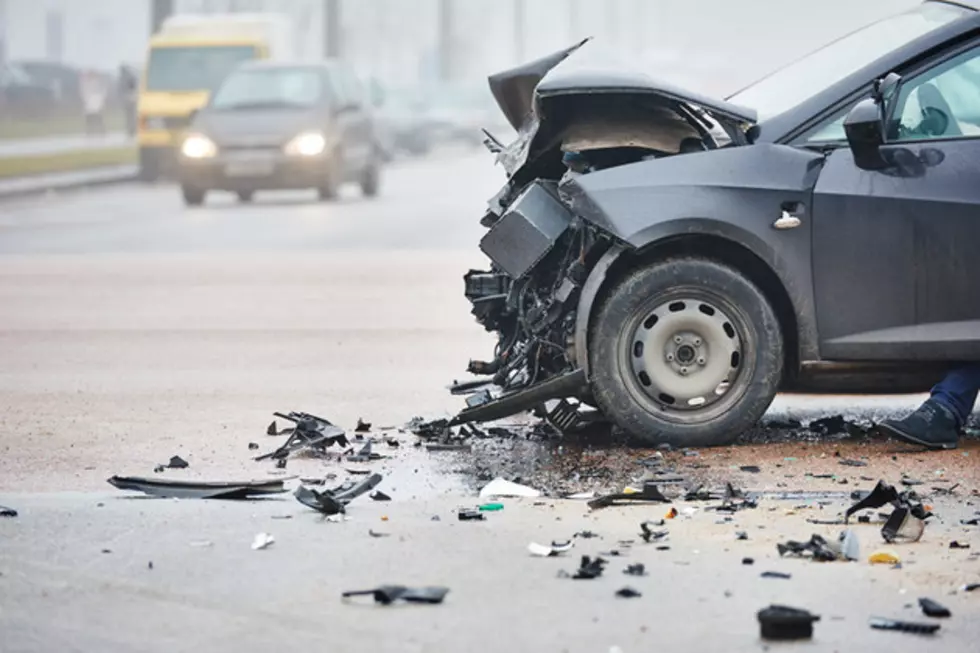
Pot legalization opponents: It’s a threat to NJ road safety
They don’t have much money, but opponents of marijuana legalization are still trying to convince New Jerseyans not to approve the ballot question that would amend the state constitution to allow it.
Sayreville Police Chief John Zebrowski said drunk-driving crashes are down significantly over the last 30 years and worries that would reverse if legalization leads to more impaired drivers. He also said the change would bolster, not destroy, the black market of illegal drugs.
“It’s very difficult to undercut that can always reduce the price and increase the potency because they don’t have the same checks and balances that a state-regulated dispensary would have,” Zebrowski said.

Zebrowski is first vice president for the New Jersey State Association of Chiefs of Police, which isn’t formally campaigning against the question but is running a social-media campaign as it expresses concerns about potential harms it said should have been addressed before a vote.
“I think we all realize that this a culture-changing issue for our state,” he said.
Zebrowski said there’s no comparable way to measure drugged driving like there is for alcohol and that there aren’t enough drug-recognition experts on police forces. He said there was a spike of fatal car crashes in Colorado after legalization there and worries what that would mean here.
“New Jersey is the most densely populated state, the most car-centric state, in the United States,” Zebrowski said.
Chris Beals, chief executive officer of Weedmaps, said that has not been the case in other states.
“That is a myth,” Beals said. “There are multiple studies that there is no increase in car accidents or car fatalities post-legalization.”

Stephen Reid, executive director of New Jersey Responsible Approaches to Marijuana Policy, said legalization would prove costly for all drivers.
“Insurance for drivers in New Jersey are going to skyrocket,” Reid said. “First of all, I think we’re the second-highest, and we’re definitely going to be number one.”
Mary Pat Angelini, a former assemblywoman and chief executive officer of the Preferred Behavioral Health Group, said the issue is too nuanced to be properly reflected in the proposed constitutional amendment.
“It affects our roads. It affects our children. It affects our workplaces,” Angelini said. “To squeeze that issue into a 160-word ballot question is unfair to the voters of New Jersey.”
More From Townsquare Media News:
Take A Tour Through Downtown Toms River
More From Beach Radio










